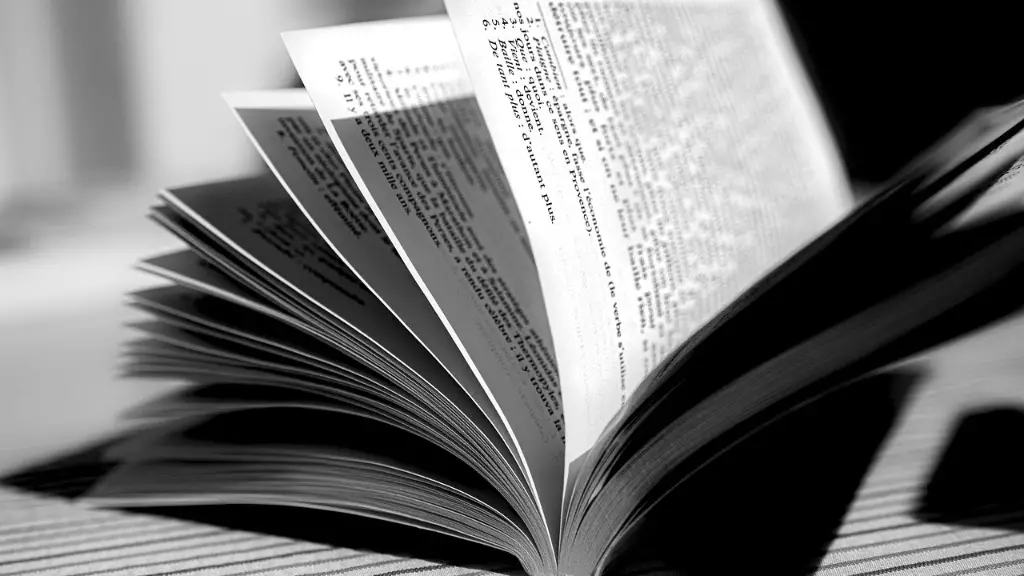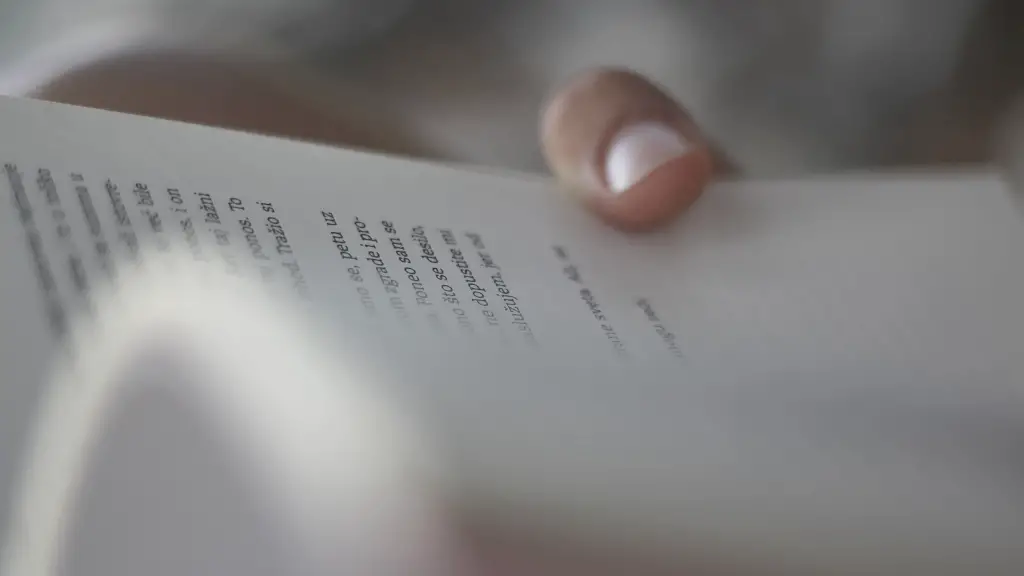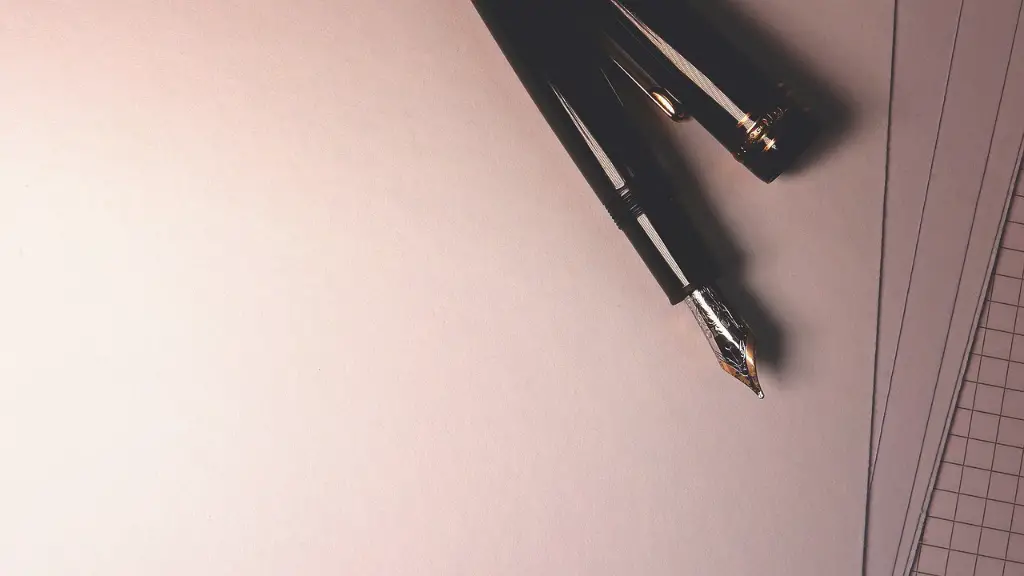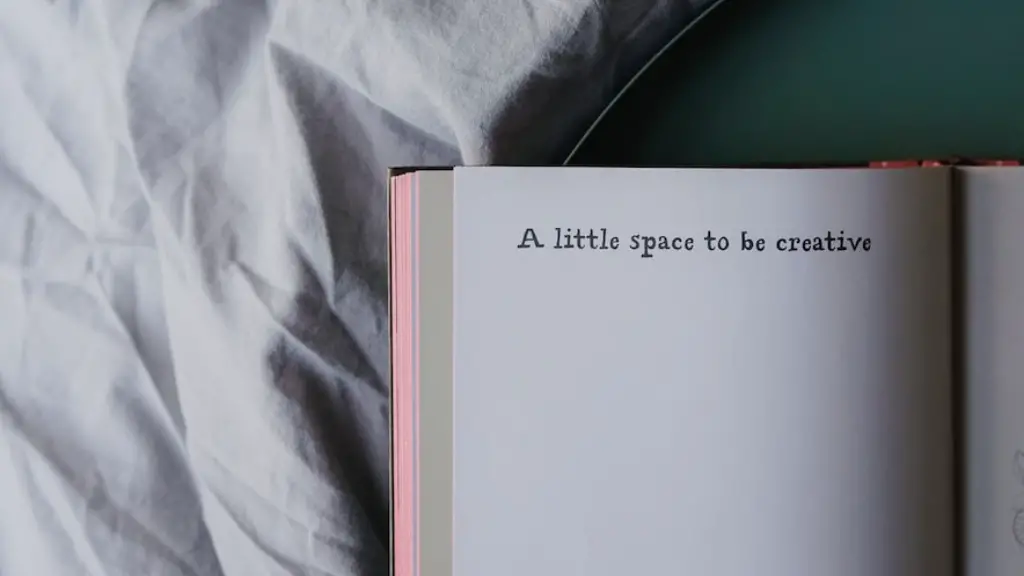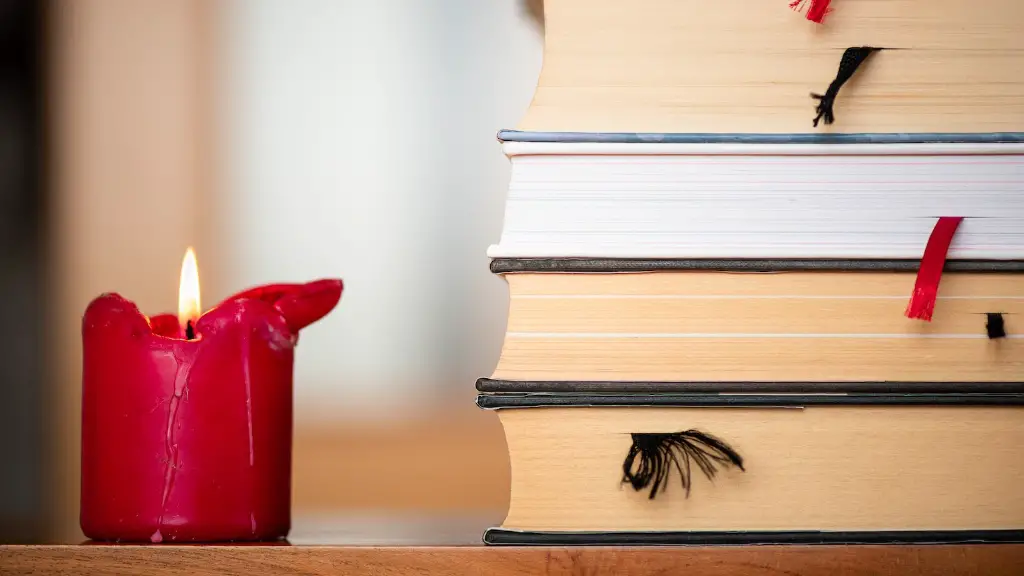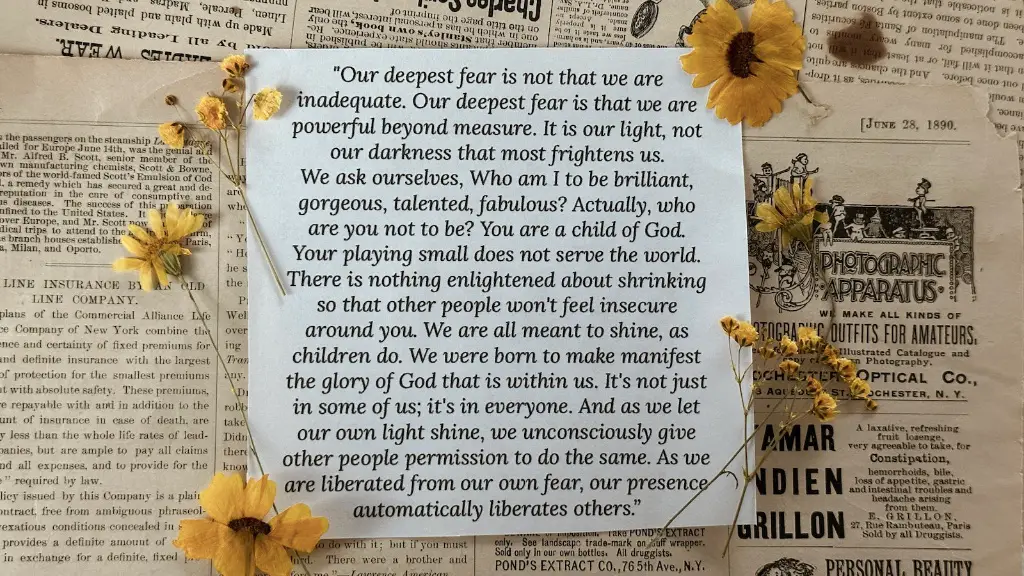The History of Poetry
Since the dawn of language, humans have attempted to express the beauty and ephemeral nature of life through poetry. Some of the earliest surviving texts, like the Epic of Gilgamesh and the Enuma Elish, were originally written down in poetic form due to their rhythmical and lyrical nature. Poetry has always been a powerful tool for connecting individuals and societies, playing a key part in the development of cultures.
The evolution of poetry in the western world typically begins with Ancient Greece and the works of Homer. His epic poems, the Iliad and the Odyssey, are essential reading in Western literature and continue to captivate the imagination with their complex plots, intricate characters, and sharp observations of human nature. Throughout the medieval period, narratives like Beowulf, Sir Gawain and the Green Knight, and The Faerie Queene demonstrated the courageous and noble virtues of courtly medieval life.
In the Renaissance era, influential authors such as Dante Alighieri, William Shakespeare, and Edmund Spenser created works of lasting significance. Their attention to craft and their reliance on structure, alliteration and metaphor, elevated the literary form to new heights. By the 18th century, when the Enlightenment increased the influence of reason and rationality, poetry became more accessible to the masses as its style shifted from strictly religious and aristocratic works to embrace everyday life.
The romantic period saw more poetic experimentation, with authors such as Samuel Taylor Coleridge and Lord Byron creating works of greater emotional depth. Poets in the same era also began to focus on nature, as evidenced in the work of William Wordsworth and John Keats. The age of Victoria saw a further diversification of poetic forms, as Alfred Tennyson and Robert Browning embraced myth and legend to depict a Victorian way of life.
By the 20th century, authors such as Ezra Pound, T.S. Eliot, and W.B. Yeats pushed the boundaries of previous conventions, introducing Modernist styles and challenging the traditional forms that had come before. Later poets such as Sylvia Plath, Elizabeth Bishop, and Robert Frost developed a more existential approach to poetry, focusing on the individual experience rather than the collective.
Types of Poetry
The broad definition of poetry is ‘literary form wherein language is used for its aesthetic and evocative qualities’. There are a variety of genres and subgenres in which poets may express themselves, including but not limited to: Epic, Lyric, Dramatic, Romantic, and Confessional. Within each of these categories, poets may opt to employ distinct poetic forms such as the sonnet, limerick, haiku, or free verse to convey their message.
Epic poetry is the oldest and most expansive style, and typically tells a narrative story. For example, Homer’s Iliad recounts the tale of the Trojan War and its effects on the characters involved. It is characterized by extended plotlines and a hierarchical structure, where a hero or gods are featured as the focus of the story.
Lyric poetry, on the other hand, is more focused on emotion. It tends to be shorter than epic poetry, and balances the poet’s personal experience with literary allusions. Examples of lyric poetry include Petrarch’s Sestina, a poem composed of six-line stanzas, and Sir Phillip Sidney’s Astrophel and Stella, a sequence of sonnets. John Donne’s work also falls into this category, as it is often marked by intellectual wit and a metaphysical understanding of the world.
Dramatic poetry is a type of verse that is designed to be performed. It has elements of both epic and lyric styles, featuring characters who speak in dialogue and a plot usually revolving around a conflict. The plays of William Shakespeare are perhaps the best example of dramatic poetry.
Romantic poetry is often about the celebration of human life. Like dramatic poetry, it features heroes and tales of adventure, but does not limit itself to being written for performance. Lord Byron’s “Childe Harold’s Pilgrimage” is a notable example, in which the protagonist undertakes a quest for meaning and offers existential wisdom.
Finally, confessional poetry is a more intimate, autobiographical form of writing. It deals with introspection and the pursuit of personal insight and understanding. Sylvia Plath’s “The Bell Jar” is a noted example of confessional poetry, as she details her experiences of mental illness with frank, unguarded honesty.
The Art of Poetry
Poetry is a form of art like any other, and authors must practice their craft if they are to create something of value. As with painting and sculpture, so must poets attend to line and form in order to craft effective works of literature. By understanding the history, purpose, and structure of the language that they are using, writers can create vivid and meaningful works.
A poet must have an understanding of style and of language conventions. Many of the basic tools of writing, including sentence structure and word choice, are pertinent to poetry, as poets must strive for both accuracy and originality. The rhythm of a poem is also important, as poets often make use of sound repetition in order to create aural images. The choice of words is also paramount for poets, as the nuances of language can affect the overall structure and emotional impact of the written word.
Poets must also understand the art of composition, as a well-crafted poem can create a mood, convey a message, and evoke an emotion. There is an interplay between form and content that a poet must recognize in order to create a work of great beauty and value. By utilizing techniques such as rhyme and meter, a poet can create memorable works that are both rhythmic and lyrical.
The Power of Poetry
When done well, poetry can inspire, provoke, and challenge us to think differently about the world around us. It can bring us to tears and can disturb us in the same breath. Poetry can be both a comfort and a scourge, and can embody both the beauty and complexity of human experience.
At its best, poetry can reveal truths that may otherwise be hidden from us. By utilizing tools such as symbolism and figurative language, poets can express ideas and feelings about even the most intangible aspects of life. By consuming poetry, readers are exposed to a variety of ideas and emotions, allowing them to gain greater insight into their own lives and the lives of others.
Poetry has often been used to comment on the state of society and can offer a platform for social critique and change. It is a microcosm of our collective experience, and can show us that we are not so different from one another after all. By exploring the nuances of language, poetry can drive us to action, showing us how words can be used for both good and for ill.
Noteworthy Authors
Throughout the history of poetry, there have been authors who have stood out for their unique style, voice and message. From Ancient to Modern times, these authors have left a lasting impact on culture and literature.
Homer is credited with creating the epic genre and inspiring the literature of Ancient Greece. During the Renaissance, poets such as Shakespeare and Donne pushed the boundaries of their predecessors and introduced new themes and ideas. In the Romantic era, poets such as Wordsworth and Coleridge created works that spoke to a sense of connection with nature.
Prominent authors of the 19th century include Tennyson, Browning, and the American transcendentalists. The 20th century saw a further diversification of poetry, with the rise of Modernist authors such as Pound, Eliot, and Yeats. Later poets such as Plath and Bishop embraced a confessional style, whilst Frost, Hughes, and Heaney penned works of quintessential Americana.
The Avant-Garde
Throughout the history of poetry, authors have pushed the boundaries of accepted conventions and introduced innovative techniques. Today, the avant-garde scene is flourishing, with authors such as Anne Carson, Marie Howe, and Claudia Rankine leading the charge. By exploring vibrant topics such as gender, race, and sexuality, these authors offer a unique perspective on the world.
These authors often engage with avant-garde devices such as fragmentation, stream-of-consciousness, and surrealism. By smashing the barriers between established forms, they create works of unparalleled beauty and power. Such experimentation often leads to fresh interpretations of traditional themes, as these authors strive to connect with their readers in new and exciting ways.
The avant-garde also often employs political and cultural messages, offering commentary on important issues of the day. Through their poetry, these authors make their audiences aware of the realities of the world, and of the importance of engaging with them both intellectually and emotionally.
The Future of Poetry
Poetry is an ever-evolving art form, as authors continue to explore new ways of expressing their feelings and of conveying meaning. Technology has allowed for more diverse forms of media, such as sound installation and spoken word performance, allowing poets to incorporate aspects of performance and multimedia into their works.
Authors are also beginning to embrace new styles of writing. Slam poetry, for example, continues to gain traction, providing a platform for the expression of personal stories, struggles, and tragedies. Meanwhile, authors such as Amitava Kumar and Dorothea Lasky are combining the visual and the written to create works of multimedia art.
As the world continues to change, so too will poetry. By engaging with the new and exploring the old, authors will continue to create works of insight and beauty, inspiring and aweing generations to come.
